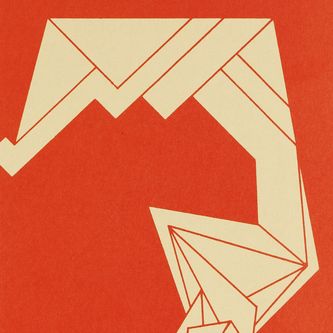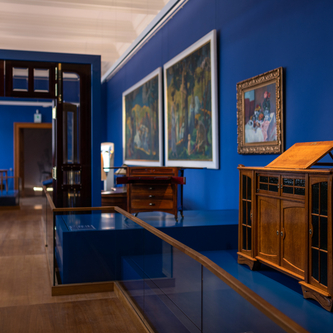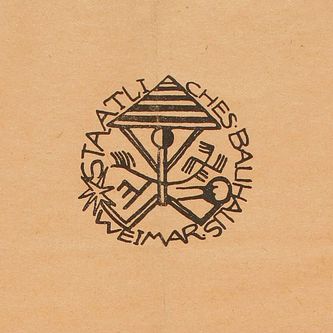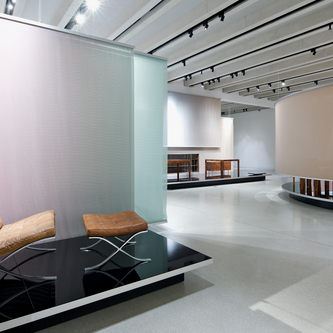Projects of the Klassik Stiftung Weimar are funded by the European Regional Development Fund (ERDF) and the Free State of Thuringia, represented by the State Chancellery of Thuringia, Department of Culture and the Arts.

September 1939 – The Invasion of Poland
Podium discussion with Prof. Paweł Machcewicz and Dr Jochen Böhler
Event in English
Exactly 80 years ago on 22 August 1939, Hitler ordered the German military to strike its eastern neighbour with the greatest possible force. From the very start, the Germans under Hitler began implementing a racial policy which resulted in an explosion of violence among the civilian population.
At this podium discussion, the speakers revisit the events of those fateful days that sparked World War II and examine how significant September 1939 still is for Poles, Germans and Europeans.
Paweł Machcewicz served as the founding director of the Museum of the Second World War in Gdańsk from 2008 to 2017. Jochen Böhler is a research associate at the Imre Kertész Kolleg at the Friedrich Schiller University of Jena.
Organised by the Buchenwald and Mittelbau-Dora Memorials Foundation in cooperation with the Thuringian State Agency for Civic Education and the Klassik Stiftung Weimar.






